Russia says Europe’s court claim on Litvinenko poisoning ‘unfounded’
The Kremlin has categorically rejected a ruling by the European Court of Human Rights (ECHR) that Russia was responsible for the 2006 killing of former agent Alexander Litvinenko.
“There are still no results from this investigation, so making statements like this is, at a minimum, unfounded,” Kremlin spokesman Dmitry Peskov said during a press briefing on Tuesday. “We are not prepared to accept these decisions.”
The judgment, passed down by the ECHR’s justices earlier in the day, argued that “Russia was responsible for assassination of Litvinenko in the UK.”
“It is unlikely that the ECHR has the powers or technological capabilities to have information on this matter,” the spokesman said.
The former security agent died in a London hospital in 2006 after what British investigators concluded was a poisoning with a rare radioactive isotope, Polonium-210. They claim that the substance was slipped into his tea during a meeting at a London hotel, and insist that Russia had ordered the killing.
The case has weighed on relations between London and Moscow ever since.
Litvinenko defected to the UK in 2000, having previously worked as a high-ranking officer in Russia’s FSB in the early 1990s. He was later recruited by Britain’s MI6 spy agency.
In the ruling, the ECHR alleges that two Russian citizens, Andrey Lugovoy and Dmitry Kovtun, were behind his death.
“The Court found in particular that there was a strong prima facie case that, in poisoning Mr. Litvinenko, Mr. Lugovoy and Mr. Kovtun had been acting as agents of the Russian state,” a statement from the court reads.
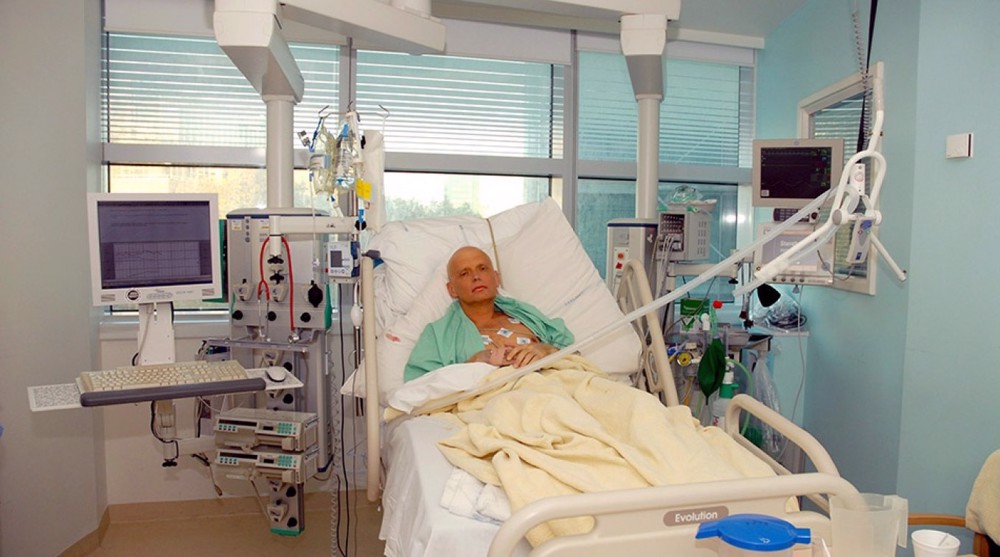
The pair had travelled to the British capital with the aim of killing him, the court found.
"The planned and complex operation involving the procurement of a rare deadly poison, the travel arrangements for the pair, and repeated and sustained attempts to administer the poison indicated that Mr. Litvinenko had been the target," it said.
Russia has consistently denied any involvement, and Lugovoy said in Moscow the year after the incident that “Britain is making me a scapegoat.”
Iran Navy takes delivery of first advanced ‘signals-intelligence’ destroyer
Italian TV exposes Israeli manipulation of EU institutions
UK anti-corruption minister Siddiq resigns over links to Bangladesh ‘embezzlement probe’
VIDEO | Indian-administered Kashmir honors Imam Ali’s legacy of justice, leadership
Israel kills female Palestinian journalist based in Gaza’s Indonesian Hospital
US lawmakers demand answers from Biden on Israeli killing of Turkish-American activist
Araghchi: Iran never left negotiation table as its nuclear program ‘peaceful’
Jan. 14: ‘Axis of Resistance’ operations against Israeli occupation


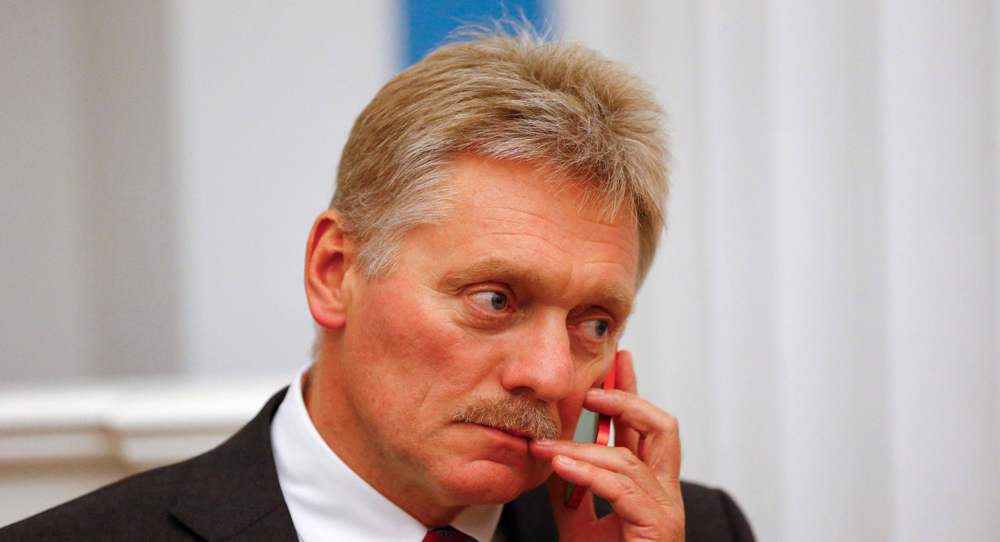

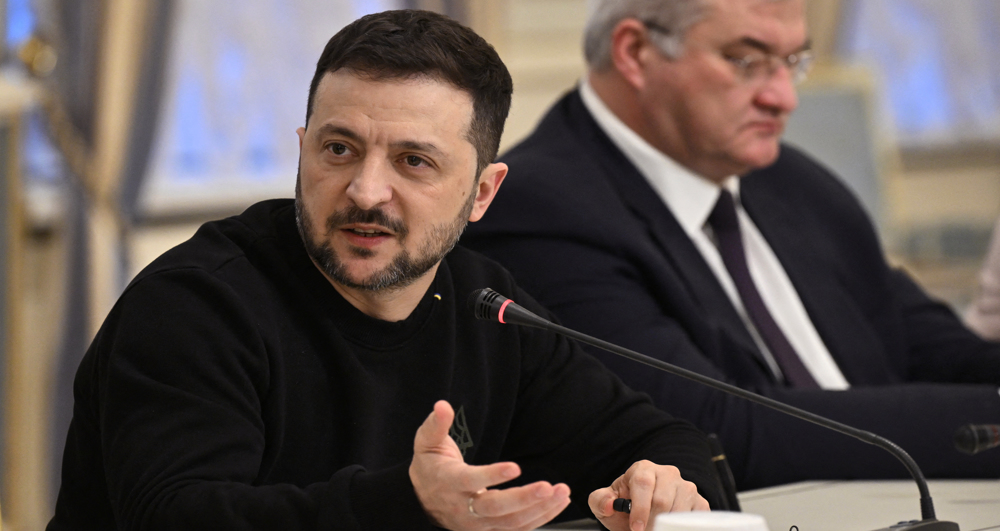
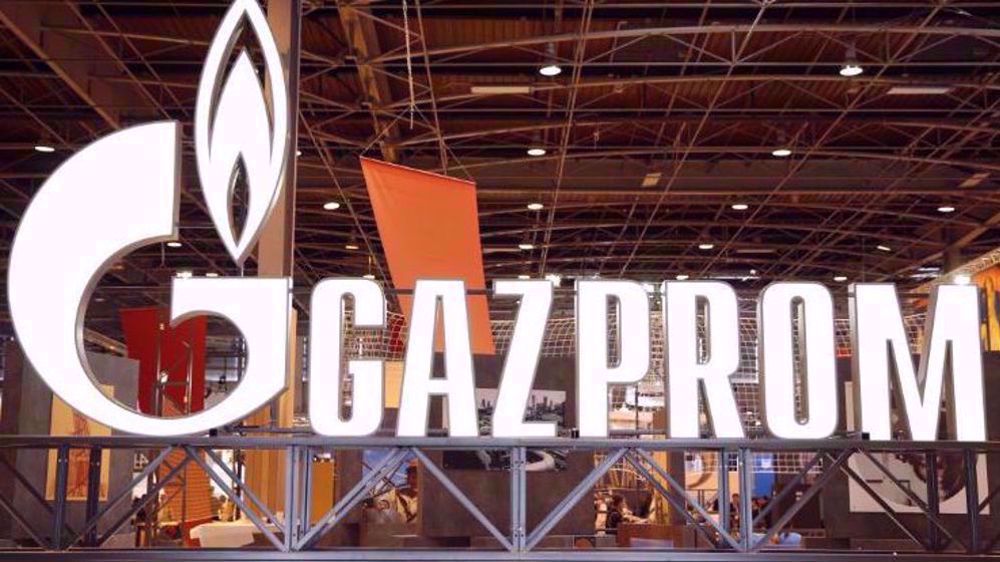



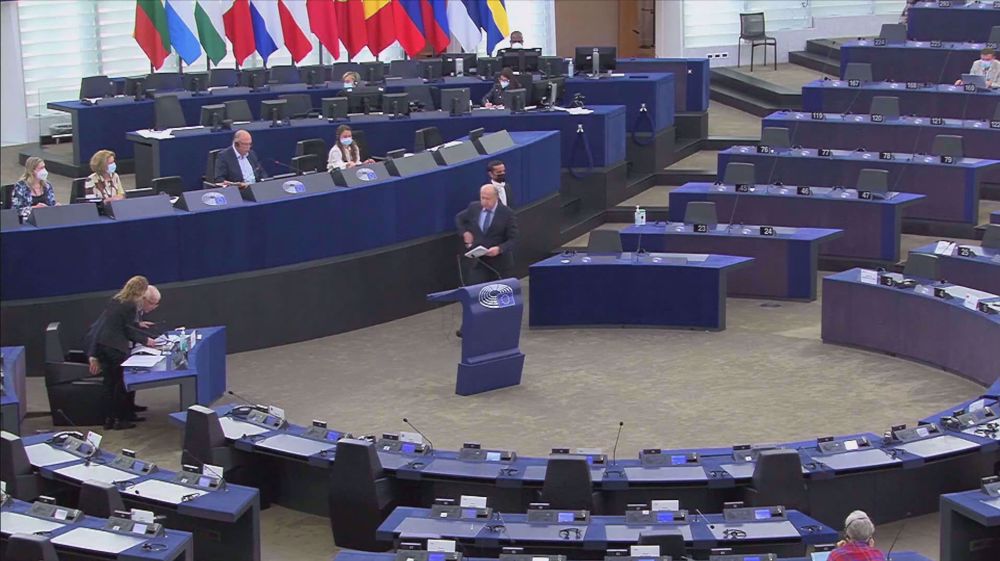
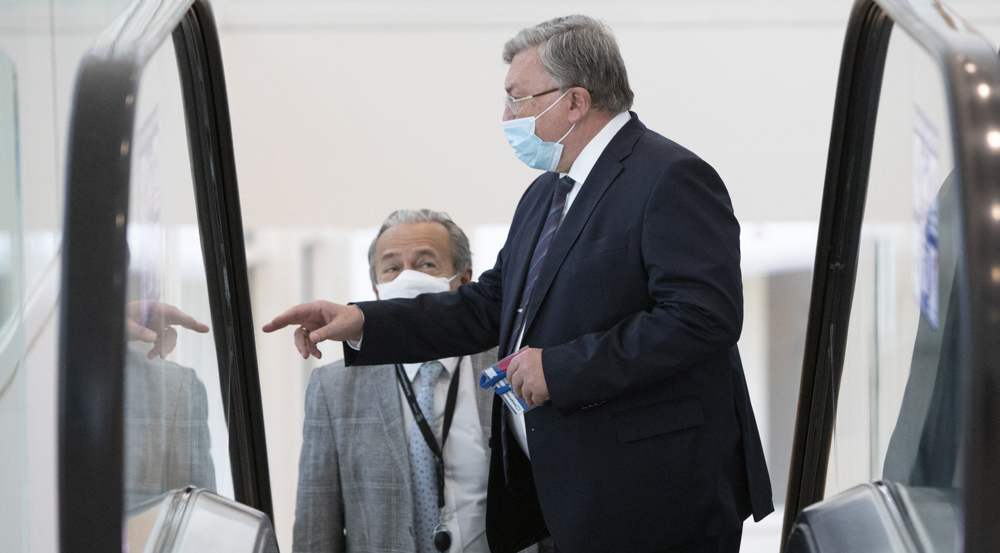
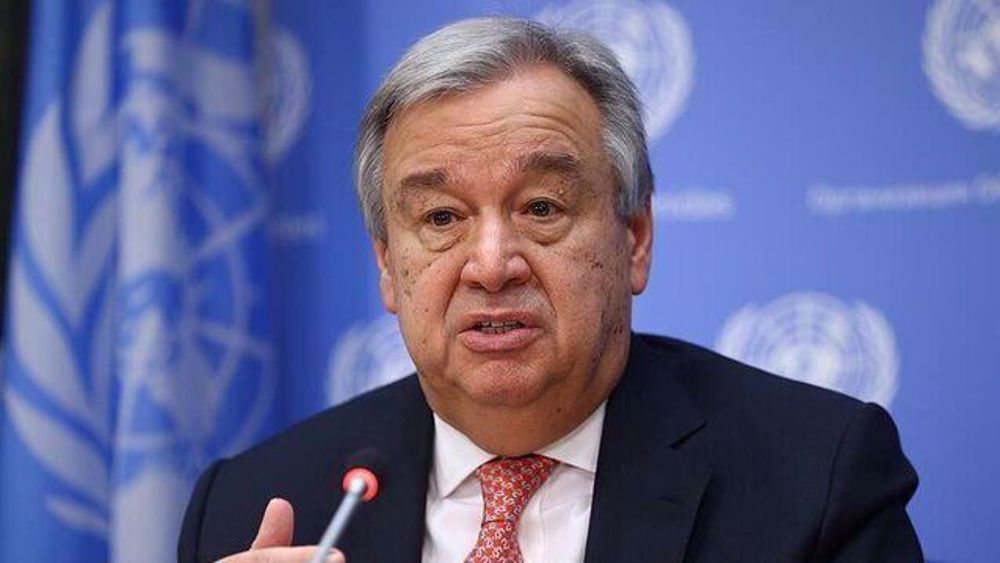
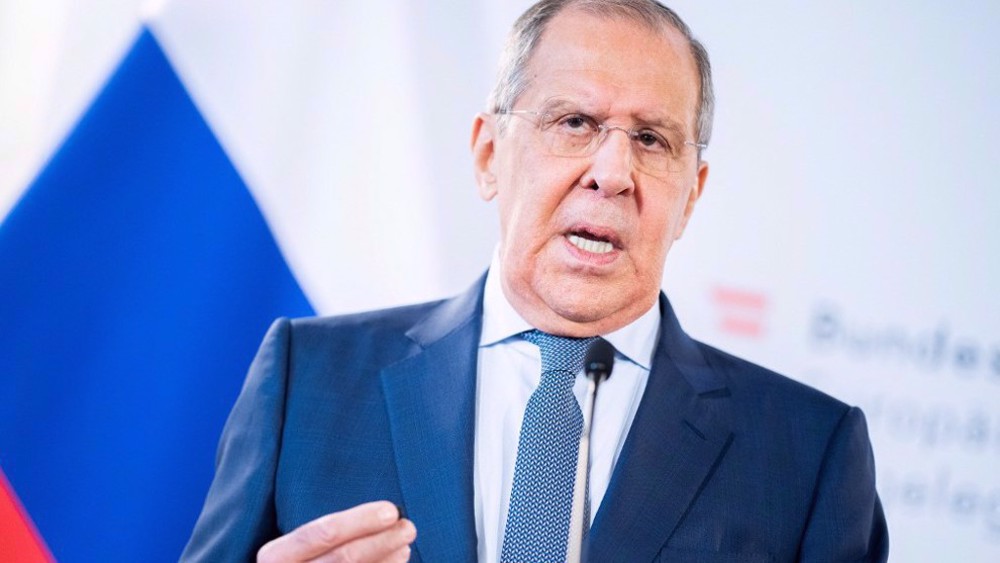

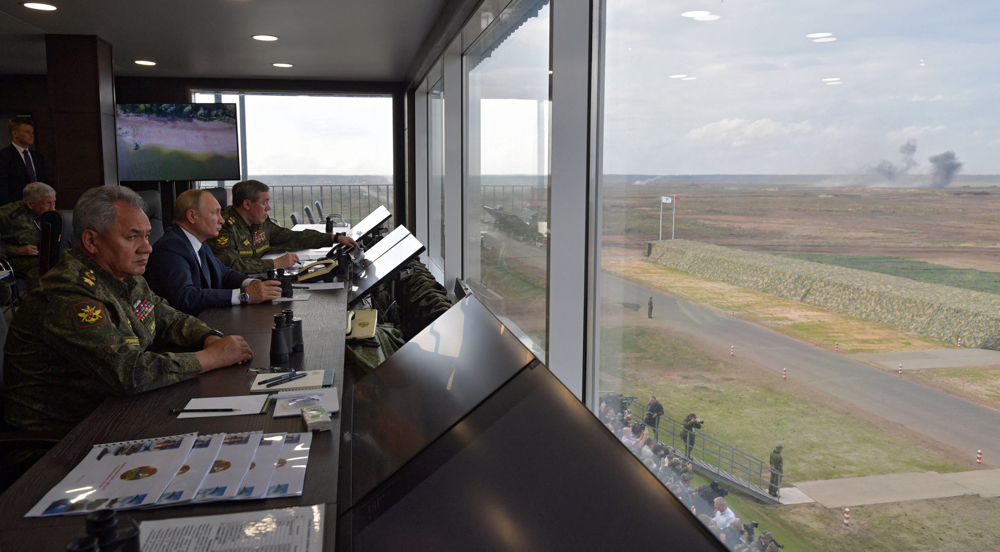
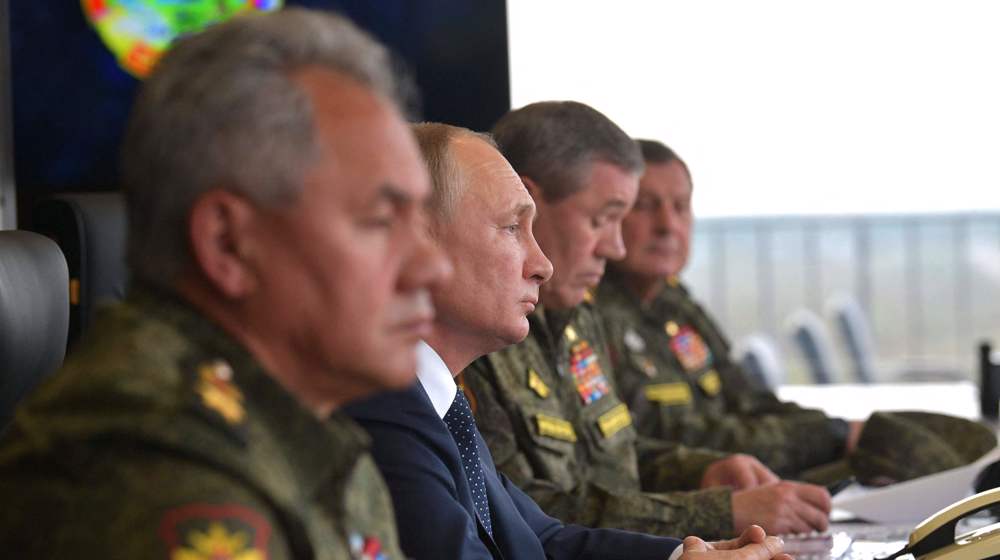

 This makes it easy to access the Press TV website
This makes it easy to access the Press TV website